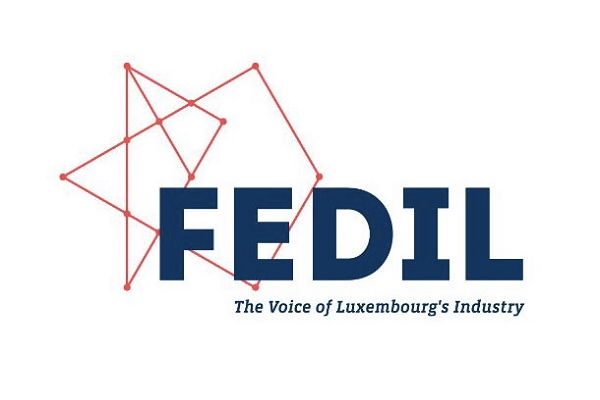
On Monday 28 July 2025, the Fédération des Industries Luxembourgeoises (FEDIL) issued a press release acknowledging the agreement in principle reached between the European Union and the United States aimed at defusing transatlantic trade tensions.
According to FEDIL, the compromise represents a step toward de-escalation while offering limited visibility to European businesses in an economic environment still marked by ongoing uncertainty.
However, the federation also stressed that the agreement remains “largely unsatisfactory”. While it may help prevent open confrontation, FEDIL warned that it is already resulting in tangible consequences for supply chains and increased pressure on consumer prices on both sides of the Atlantic. The conditions for businesses and consumers are reportedly “significantly worse” than before 2025. FEDIL also recalled that the current flat tariff rate of 15% contrasts with “significantly lower levels” in place prior to April, adding that such an increase could “further undermine the competitiveness of European exporters”.
FEDIL acknowledged that there were "a few elements of relief” within the agreement. It noted that the aeronautics sector had been excluded from the scope of the agreement and would not be subject to taxation. The reduction of tariffs on automobile imports from 27.5% to 15% was described as a “positive signal” for Luxembourg-based suppliers affected by the earlier rate increase.
Nonetheless, the federation stressed that tariffs on steel and aluminium remained at 50%, with only the “potential introduction of quotas” under consideration. It cautioned that this ongoing uncertainty was "a concern”.
Looking ahead, FEDIL warned that the United States' increasingly restrictive trade policy could lead to a significant redirection of import flows towards Europe from other parts of the world.
In response to these developments, FEDIL deemed it “essential” for the European Commission to adopt "appropriate, coordinated and proactive" measures. The federation also called for the “swift and legally binding implementation” of the agreement, along with clarification of the “many outstanding issues”, in order to ensure lasting stability in EU-US trade relations.








